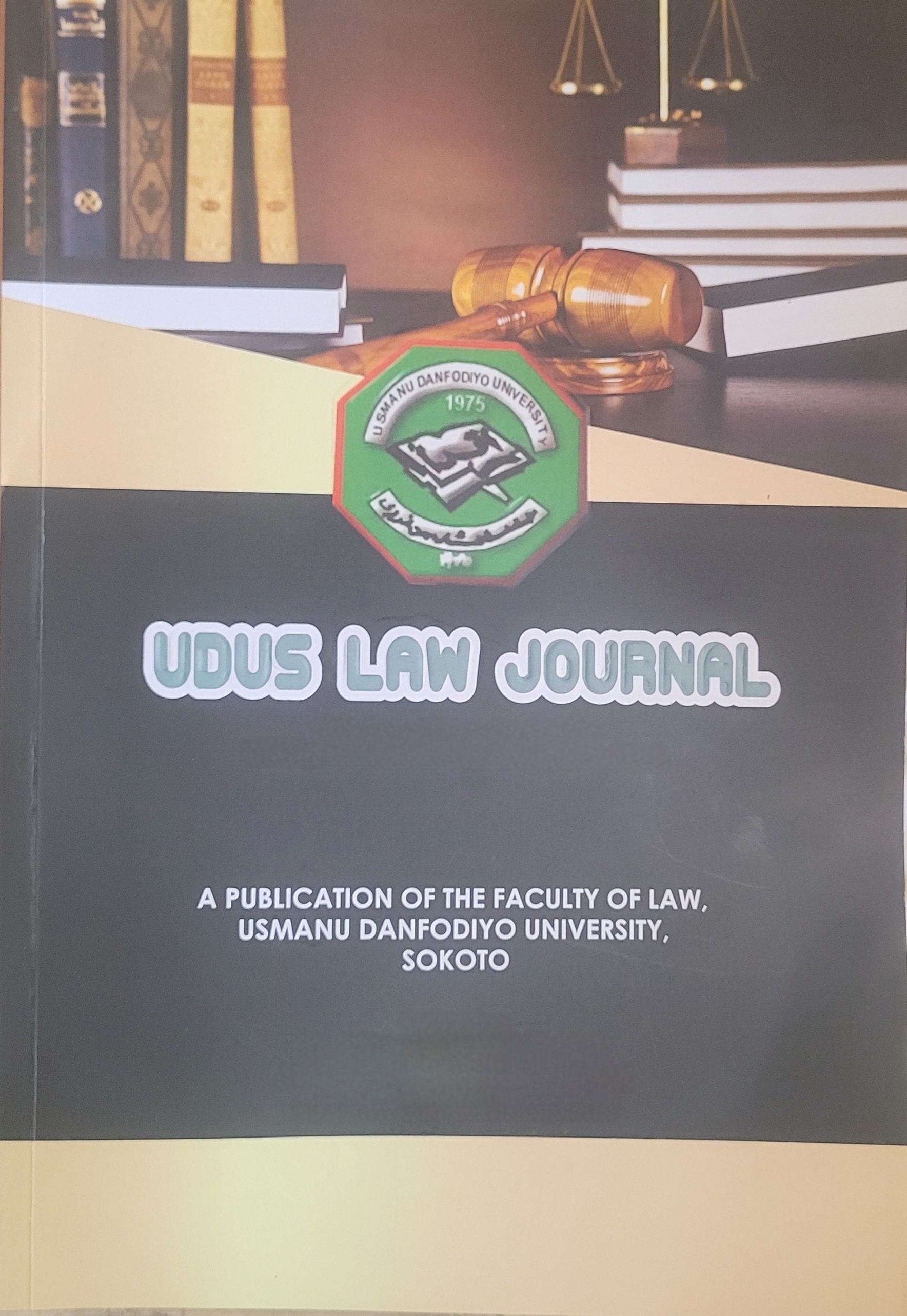Abstract
The need to improve the effectiveness and efficiency of the judicial system in Nigeria has necessitated the use of modern information and communication technology (ICT). The conventional method of justice delivery in Nigeria is marred with avoidable delays in the dispensation of justice and lack of transparency. However, the constraints of conventional methods of judicial system in Nigeria can only be solved by embracing the electronic justice system. This article therefore, aims at examining in extenso a way out from the conventional methods of justice delivery in the area of e-filing of court processes, e-recording of court proceedings; e-archives (to facilitate retrieval of judgments, rulings, etc). In doing so, this article will focus on towing the path of electronic ways in enhancing effective justice delivery in the Nigerian Courts as an antidote to the delays being experienced in the service delivery associated with the conventional method. To achieve this, this paper adopted the doctrinal research method as reliance was placed on the primary and secondary sources of law. This paper found that the current manual method being adopted by courts in Nigeria is not just archaic but counter-productive in the 21st century. This paper amongst others recommended that stakeholders in the justice sector should as a matter of urgency embrace E-justice delivery with the resultant effect of enhancing the effectiveness and efficiency of the judiciary as an arm of the government in Nigeria.



 National Library of Nigeria
National Library of Nigeria.jpg) Association of Nigerian Authors
Association of Nigerian Authors Nigerian Library Association
Nigerian Library Association EagleScan
EagleScan Crossref
Crossref